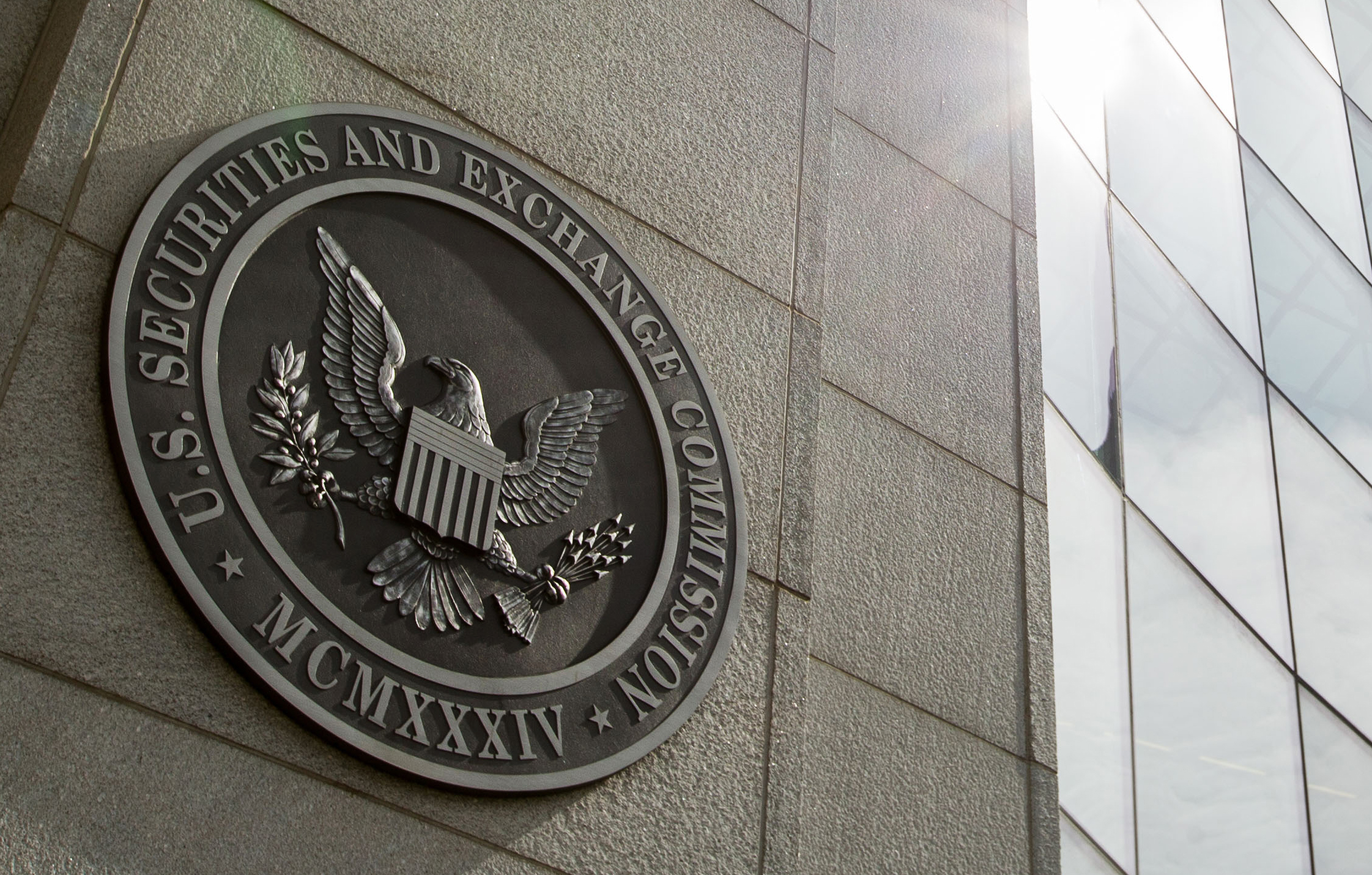The Securities and Exchange Commission has charged Canadian crypto company PlexCorp with violating securities laws by selling up to $15 million in an initial coin offering (ICO).
ICOs have seen explosive growth over the past year as fledgling companies have used them to raise more than $3 billion in capital through various cryptocurrencies. However, experts have warned they can present several dangers to unsuspecting investors hoping to get into a hot new market as regulations are pretty loose.
Called PlexCoins, PlexCorp allegedly used this cryptocurrency to scam would-be investors hoping to cash in early on the company’s growth, telling them each PlexCoin would “yield a 1,354 percent profit in less than 29 days,” according to a statement from the SEC.
The government agency also charged company founders Dominic Lacroix and Sabrina Paradis-Royer for their part in the sale and announced it had frozen company assets in an effort to halt this “fast-moving Initial Coin Offering (ICO) fraud.”
In July, the Quebec Financial Markets Administrative Tribunal issued a series of orders prohibiting Lacroix from promoting the sale of PlexCoins ahead of the launch. In October, Quebec’s Superior Court ruled Lacroix was in contempt of court for continuing to solicit investment into PlexCoins.
It then goes on to say, “We will cooperate with the QAMF and the SEC until the end of the investigation,” and that “a major update will be made this week on the PlexCoin website.”
This is not the first time the SEC has charged an ICO with fraud. In September, the agency charged both a diamond and a real estate initial coin offering scheme with defrauding investors. However, this is the first charge coming from the SEC’s new cyber unit and a testament to the agency’s willingness to crack down on a largely unregulated sector often rife with shady activity.




